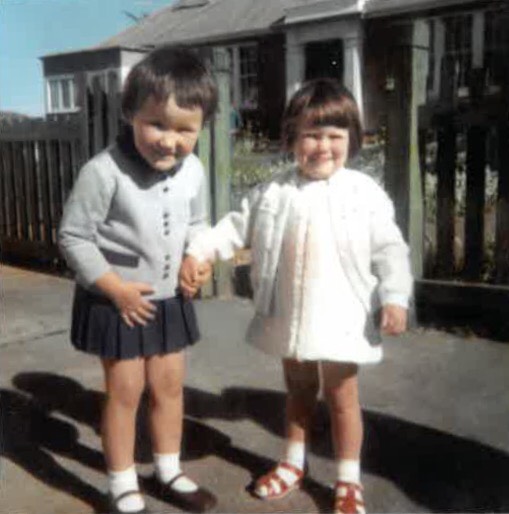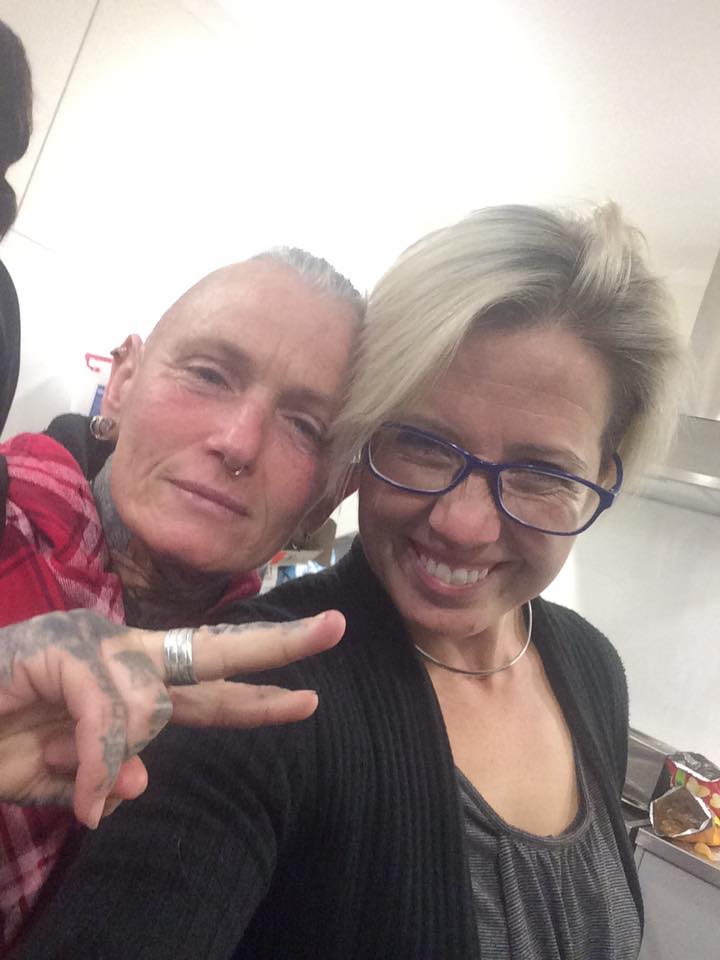Below is my submission for the Yeah Write Super Challenge #4, part 1.
Over 48 hours, I wrote a story of 1,000 words or fewer combining the following two prompts: armeggedon and paving a road.
I have been selected to move into the second round.
The Day the Earth Swallowed
Mabel was glad the end of the world worked out this way rather than an alien invasion or zombies or a meteor slamming into the earth with no warning. She wasn’t ready for the end but she had accepted it was here.
Ten years ago, her city fell to an earthquake which no one had predicted. Mabel had crouched pinned in the rubble, her arm broken in three places, and her heart thudding out the rhythm of life against her ribs. She had tried to phone Marcus, her love, to let him know she was alive while she waited for help. She knew she was a survivor but what she didn’t realise was how hard complete recovery is. Rebuilding both a city and its people is a long process. The aftershocks of the earthquake, a constant reminder of their fragility.
For Marcus, recovery appeared to be unattainable.
“Mabel, I have to leave. There is an opportunity further north.” His announcement was punctuated by a bad aftershock. Dust settled in his dark hair. “It’s never going to end. I have to go. Please, come with me.” She took him in her arms and held his fear, once again.
They moved north.
For two years, away from the interminable disaster, Marcus uncoiled and his manner became soft. Until the unthinkable happened. A similar earthquake hit their new city.
This time it struck in the middle of the night and with it, awoke all the terrors of the past. It took Marcus and shook him until he frothed. But nothing in their new city fell that night. It wasn’t the same disaster. Each day, however, saw a new building condemned, a new area closed and more people displaced. Marcus’s eyes became shuttered and he retreated into his own world. Mabel looked after him as this city crumbled, achingly slowly, around them.
They moved again. This time to the far north, to a piece of land with regenerating forest and a small house. The warm weather meant Mabel’s arm didn’t ache so. Marcus could sit in complete stillness, the ground not moving or rolling, for as long as he wanted. He watched everything but his silence was complete. Mabel still spoke to him as if she hadn’t noticed.
“The birds are nesting, again. We’ve been here a full seven years, Marcus. It goes fast, doesn’t it?” She paused. There was, of course, no response. “Well, I think so, anyway.” She touched the threads of grey she saw in her reflection. She wondered what the world was like as she took her morning walk through the forest.
The pathway wound up through the trees and ferns, heading towards the ridge line. The track was wide enough for them both to walk, side by side if Marcus ever agreed to come. Mabel knew every tree along the way and every inch of the path had been cut, dug and paved by her. Mabel, as millions before her have, put a human mark onto the natural world. Each paving stone held meaning to her. Some carved with family names. Some bore significant dates. Others, often the cracked or chipped pavers, represented a bad day for Marcus, like the one she laid the day he lashed out his fist and blackened her eye.
Some weeks ago, she put a small tent and some canned food, enough for them both, in a plastic cylinder and hung it in the tree closest to the top of the pathway. Disaster preparedness was never far from her thoughts. Most useful in this kit, was a small screw top bottle with dried, powdered mushroom. The bottle was wrapped in scrap of red fabric from the dress she wore in the first quake. The mushrooms were growing next to the paving stones which represented the quakes. Mabel knew their deadly quality in an instant.
The third big earthquake hit, this time, just before dawn.
The ground shunted sideways with no warning rumble. Flashes of green and blue light, sparked by the sheer energy from the tectonic plates moving, lit the area. This time, however, the earth didn’t stop its movement after a few minutes. Instead, it tore itself into pieces. Great cracks opened, the ocean rushed inland and hills broke apart. Mabel heard the house split, twist, and fall. The noise in this quiet place was the most shocking violation. The world was ending from its very core.
Marcus called, once, from the living room on the other side of the house. He was always awake first. The guttural sound tore at Mabel’s soul. She shouted “I’m coming, my love. Wait for me.” She found her survival clothing and spent a sickening amount of time getting to Marcus. His hand, reaching and unmoving, was the only part of him she could see. As the earth heaved itself beneath her, she placed her cheek against his palm. She would go up the hill alone.
The pathway was cracked and broken but Mabel’s feet found purchase and she worked her way up. Her years of labour ruined so fast. Fallen trees lay across the path. She smoothed her hands over their bark and thanked them for their friendship.
At the ridge line, she sat, the earth continuing to heave and thrash beneath her. The trees fell in thunderous response and the earth’s energy flashed across the valley. She opened the bottle of mushroom powder and smoothed the scrap of red fabric across her lap. Mabel tipped the powder into her mouth. She was ready. The earth was prepared to take her.
They swallowed at the same time.
Like this:
Like Loading...














